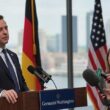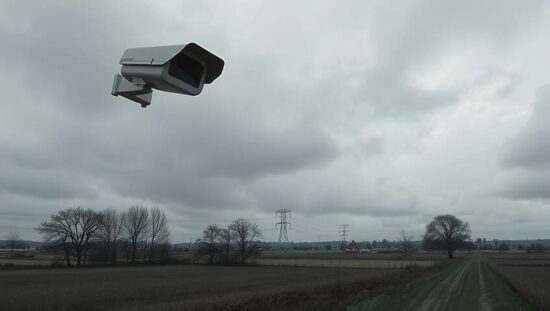Germany is facing mounting pressure to establish a comprehensive national strategy for countering the increasing incursions of suspected Russian drone activity, following a series of unexplained aerial incidents in recent days. Stephan Kramer, President of the Thuringian Office for the Protection of the Constitution, delivered a stark assessment, stating bluntly that “at the moment, we have no strategy” to address the perceived threat.
Kramer’s critique highlights a significant gap in Germany’s preparedness, pointing to the absence of clearly defined responsibility for drone defense scenarios excluding direct military conflict. He also flagged the lack of “reliable and effective” technical capabilities to neutralize the unmanned aerial vehicles. Germany, he asserted, remains “considerably distant” from achieving an “adequate drone defense capability”. The concerns echo a broader unease surrounding the evolving nature of hybrid warfare tactics and the potential for escalatory actions.
To rectify this deficiency, Kramer advocated for the National Security Council to be positioned as the central hub for anti-drone efforts. He emphasized the critical need for constant, real-time “24/7-360-degree situational awareness” – data deemed essential for informed strategic decision-making. He believes the council, incorporating expertise from both internal and external security agencies, is the logical venue for coordinating this response.
This call for consolidation is supported by Marc Henrichmann, Chairman of the Parliamentary Oversight Committee for Intelligence Services. Henrichmann also stressed the necessity of a unified understanding of the situation relating to drone defense. He echoed Kramer’s recommendation for the National Security Council to assume a central decision-making role, nevertheless issuing a cautionary note on the establishment of new committees. He underscored the crucial point that organizational bodies alone cannot resolve underlying issues if responsibilities remain fragmented and decision-making processes are slow. The key, according to Henrichmann, lies in establishing clear structures and enabling swift action, suggesting deeper structural reform within German security apparatus may be required beyond merely creating new bodies.
The situation highlights a critical juncture for Germany’s national security policy, forcing a reevaluation of existing framework and prompting urgent consideration of preventative measures to deter potential hostile actions.





